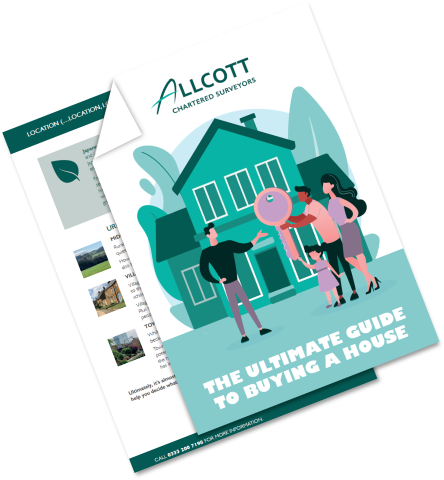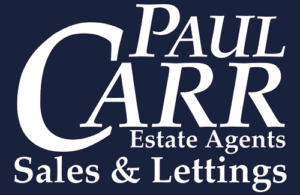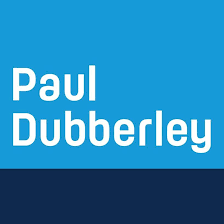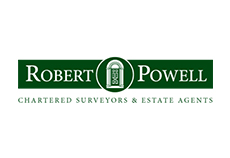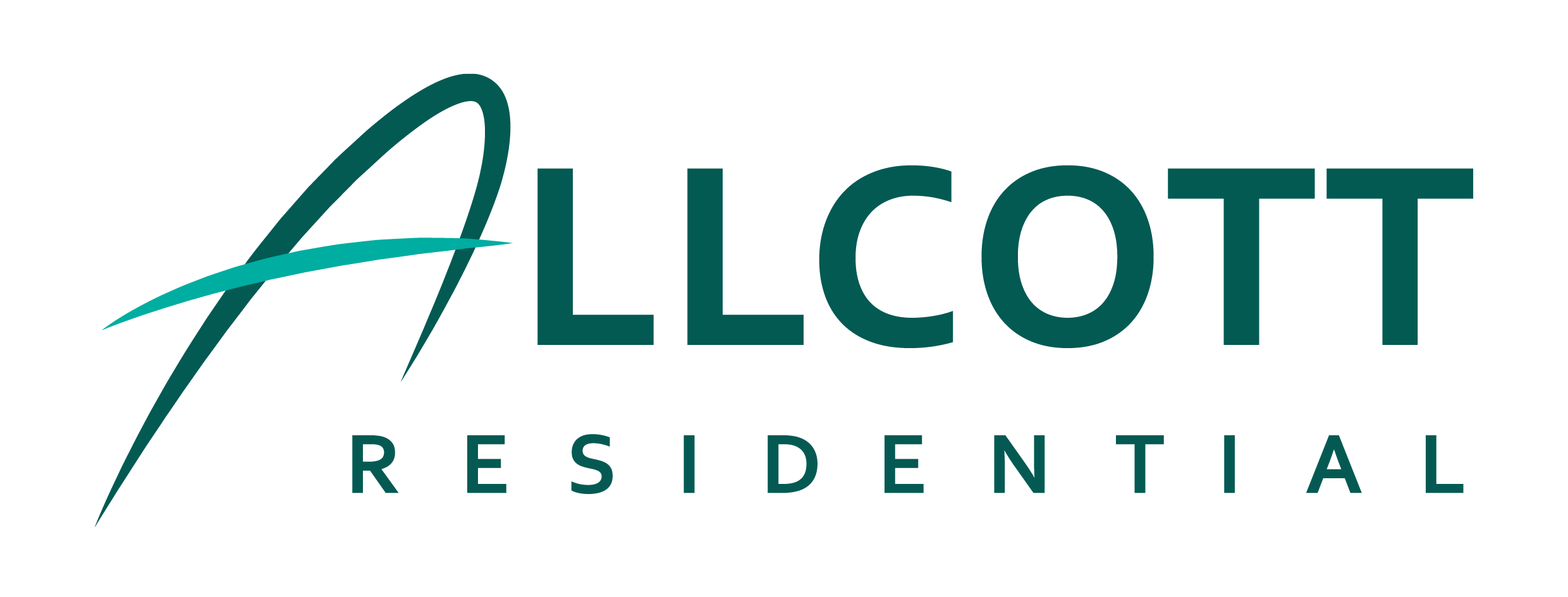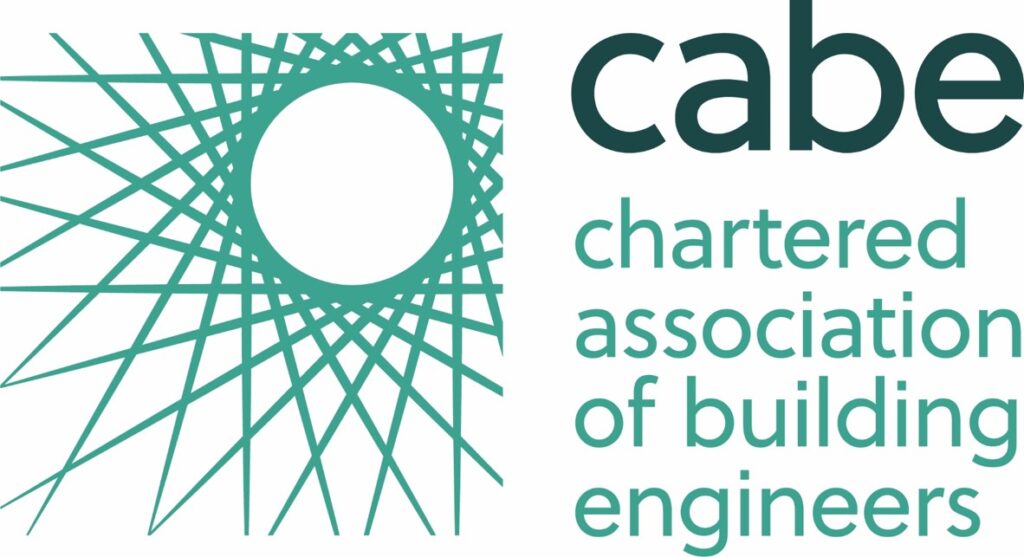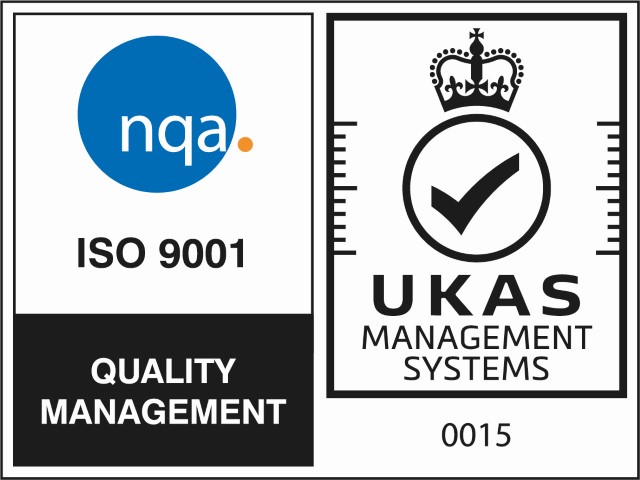It’s time to get the lawyers involved…
So your offer has been accepted – congratulations! Next, you will need to find a conveyancer. If you are getting a mortgage, their details will be needed to complete your mortgage application form.
Conveyancing
Buying a house is an official legal process involving the transfer of ownership of a property. This process is called ‘conveyancing’, and needs to be done by a licensed conveyancer or solicitor.
Finding a Conveyancer
You need to appoint a legal representative (‘conveyancer’) to prepare the paperwork involved in buying a home, liaise with the seller’s solicitor, carry out searches related to the property and manage the transfer of funds and fees between the various parties. They will also arrange registration of you as the new owner on the property deeds with the Land Registry.
You should instruct a conveyancer once your offer has been accepted. Look at a few firms and get several quotes. Compare price, quality, reviews and reputation, and how easy it is to communicate with them. It can also be a good idea to get recommendations from friends and family. Estate agents will often recommend conveyancers, but remember they may be getting referral fees and so could be a bit biased!
***TIP*** You are looking for a conveyancer who is reasonably priced but who has experience in the type of property you are buying, and has a reputation for keeping the process moving. If you are buying using a mortgage, you should also check that they are on the panel of your lender’s approved legal representatives.
The Conveyancing Process
The conveyancing process can be completed in around 6 weeks, but can often take much longer, leading to frustrated buyers and sellers.
If the transaction involves a chain of properties, the process can take weeks longer. Even if there is no chain involved, hold-ups with obtaining paperwork and information from either party can extend the timeline. It’s a good idea to make sure all your important documents are on hand. These include proof of address and proof of identity documents, evidence of income from payslips and bank statements, and evidence of your deposit.
You might also need to apply some gentle pressure to the vendors to keep things moving.
***TIP*** If an estate agent is managing the sale, you can use them to help you – they will be just as keen as you for the sale to progress quickly so that they get their fee!
Searches
Your conveyancer will carry out numerous searches on the property you are buying and the land around it. These will determine whether there are any restrictions or rules that apply to the property, such as whether it is listed, in a conservation area, or subject to any restrictive covenants. They might also suggest additional searches, such as flood risk and nearby mining activity.
Your conveyancer will also make several enquiries with the vendors. They will ask the vendor to fill out a TA6 Property Information form, which the vendor must answer truthfully. This form covers things like rights of way, boundaries, planning and building control, Japanese knotweed and septic tanks. They will also get the vendors to complete a TA10 form, which tells you exactly what items within the property are included in the sale and which are not. They will obtain paperwork and warranties for anything remaining in the house, such as the boiler, electrical systems and glazing.
The conveyancer will also confirm if the property is freehold or leasehold, and they should carefully check the terms of the lease if it is a leasehold property.
If you have a building survey, your surveyor can also raise recommendations for items your conveyancer should look into. They might point out that similar properties are subject to chancel repair liability (i.e. an obligation to pay money towards certain repairs to a local church), or that there are signs of mining activity close by. They might also identify building works that look to have been carried out after the house was built so that your legal adviser can follow up and ask the vendors for documentation to show that the works were done correctly and with the appropriate permissions.
***FRAUD ALERT*** Sadly, fraud can be a risk when you are buying a house, given the large sums of money involved. If you get any communications you are unsure about, such as your conveyancers advising they have changed their bank details, check it thoroughly by calling your conveyancers on number you know and trust. Remember, it is very rare for conveyancers to change their bank accounts. If in doubt, do not transfer any money.

